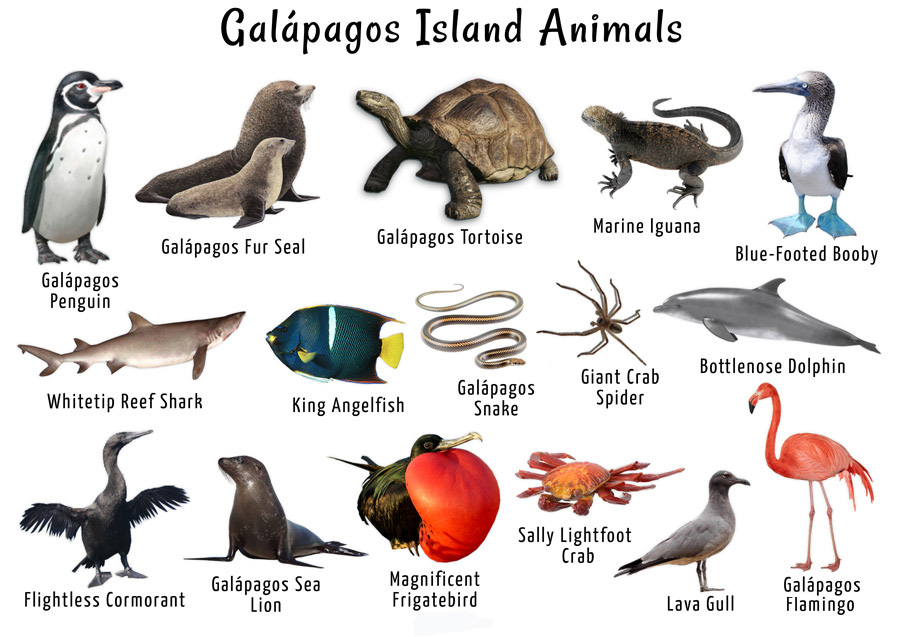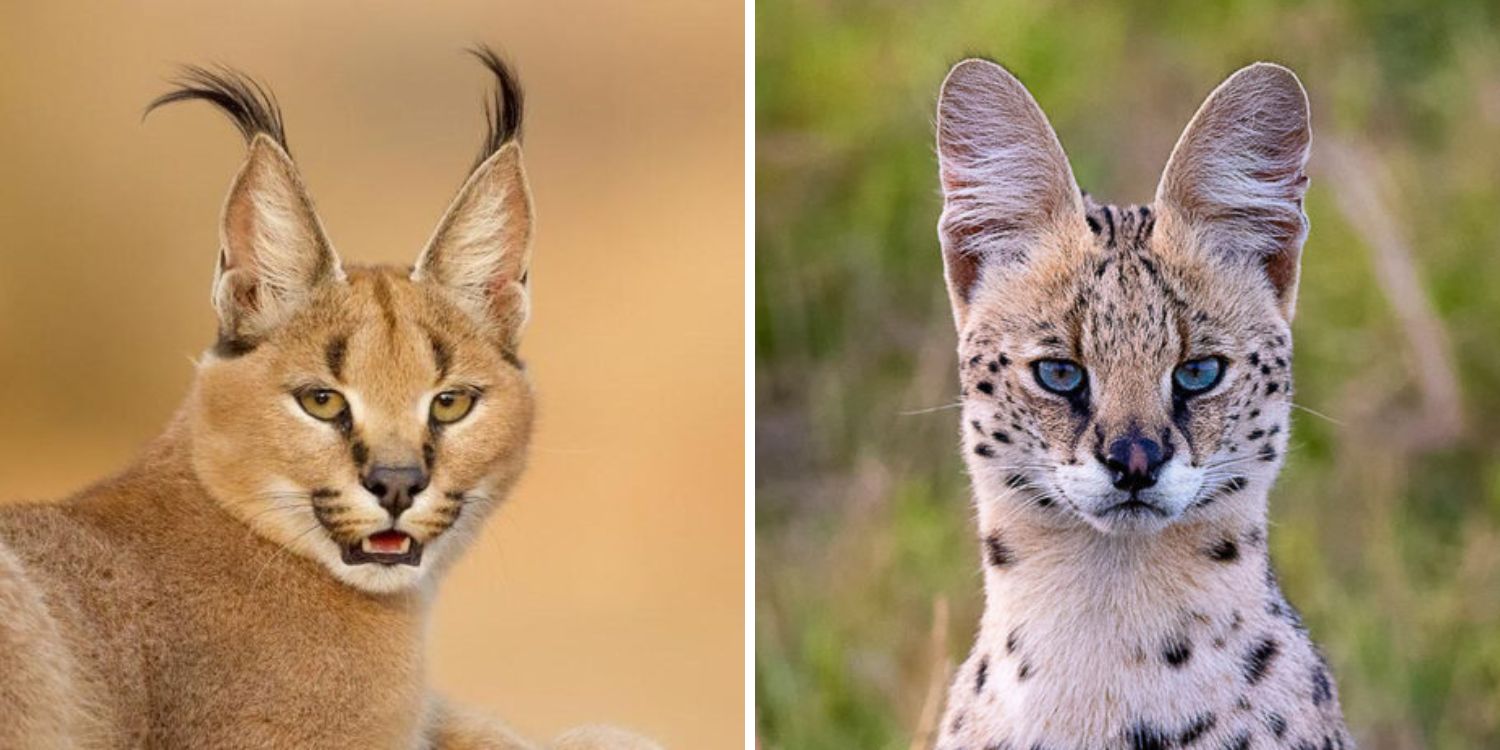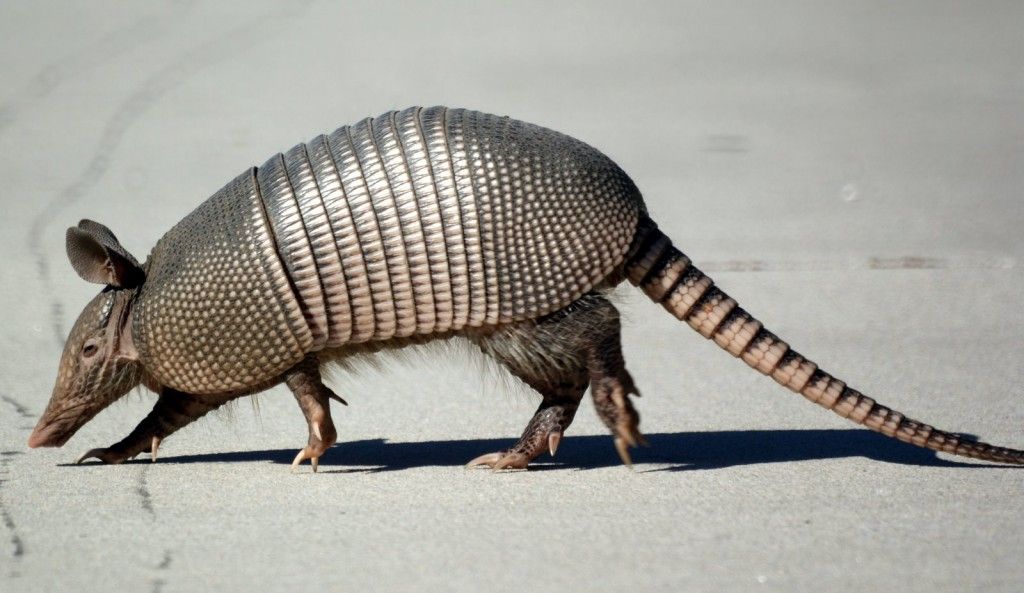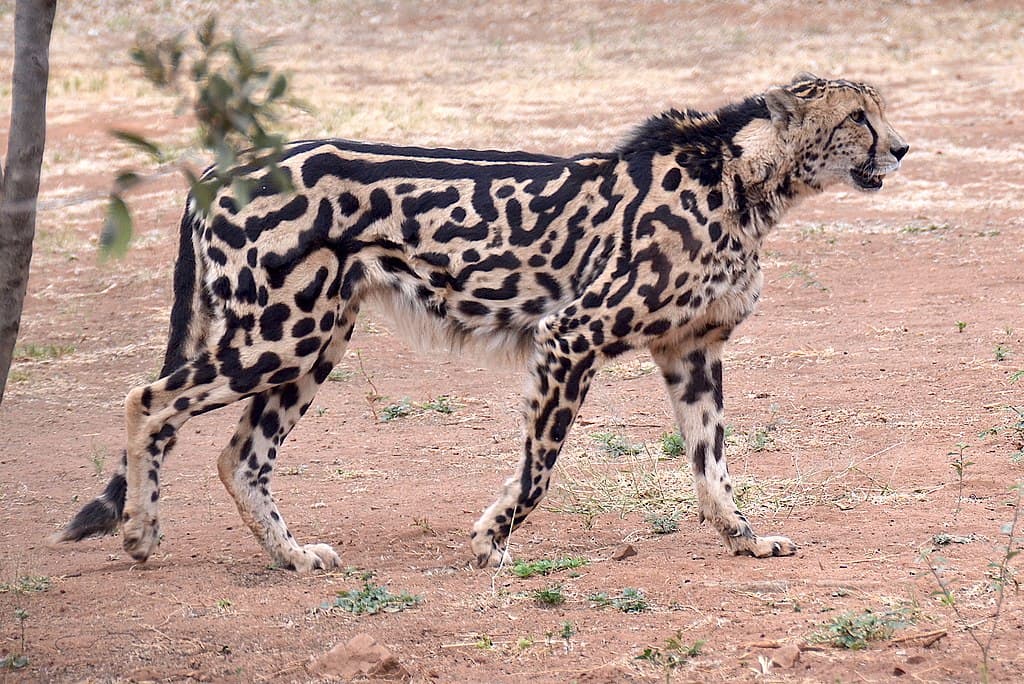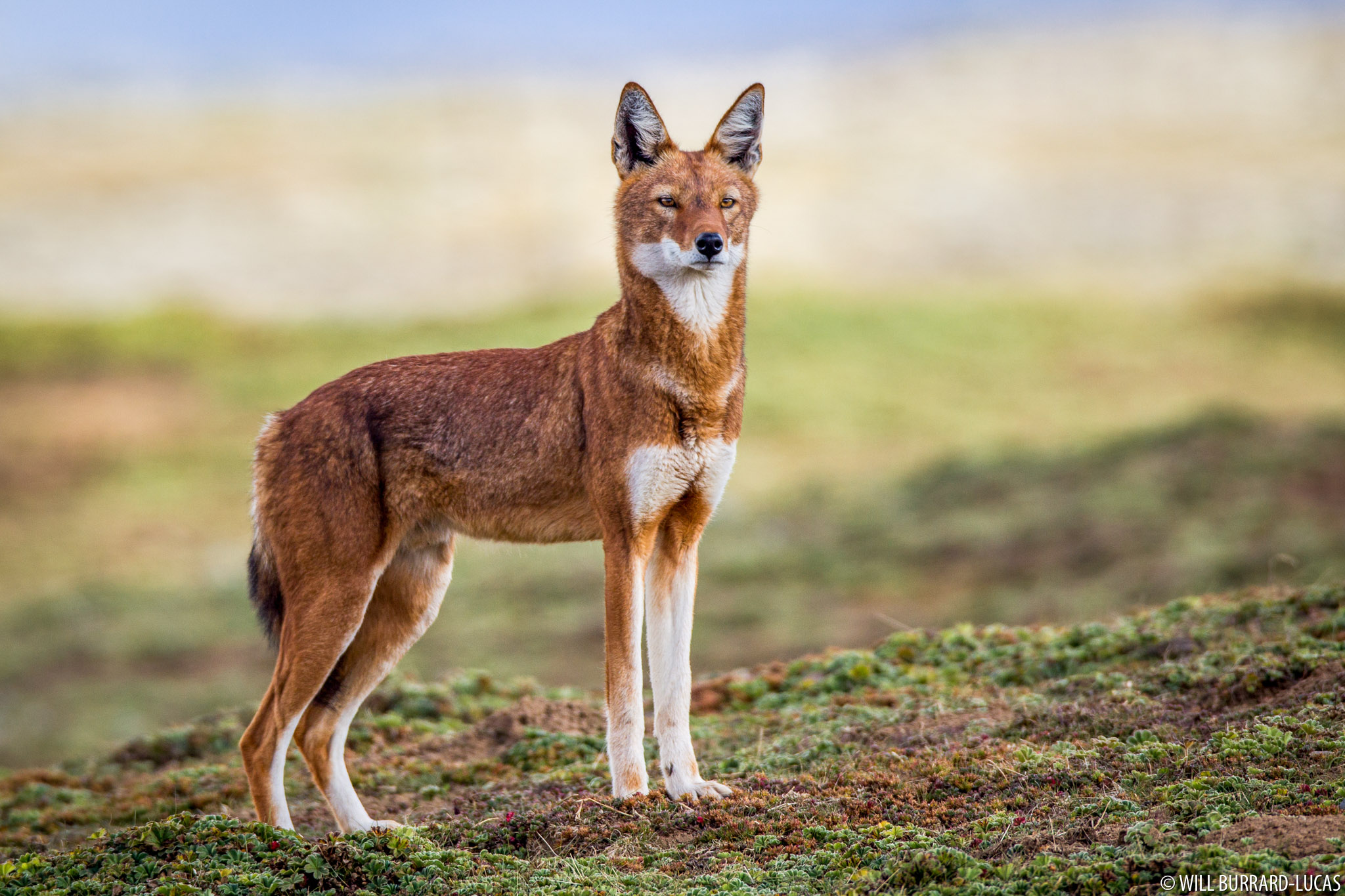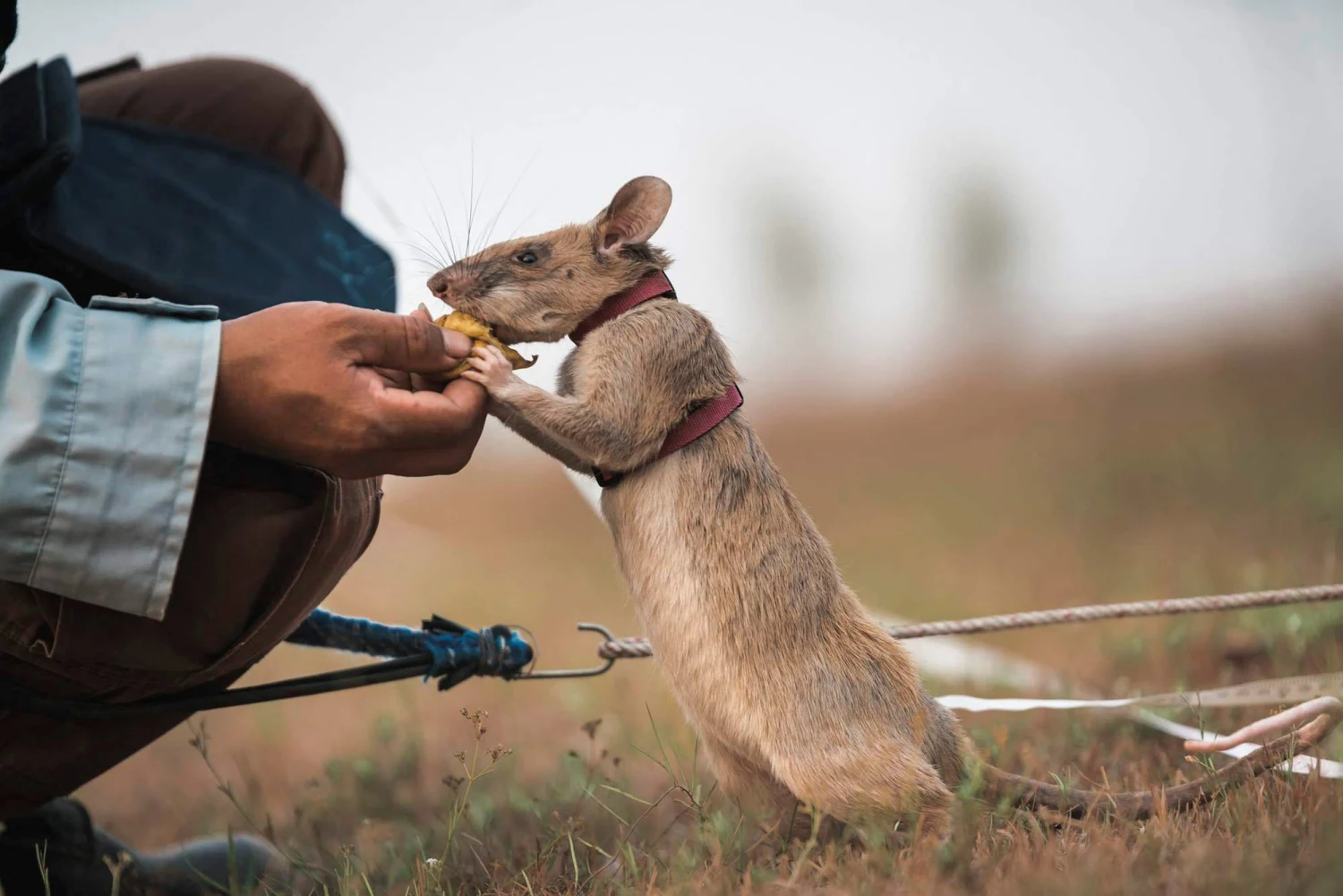
Imagine a world free from landmines – hidden explosives that continue to claim lives and limbs long after conflicts cease. Believe it or not, some of the bravest heroes working towards this goal are not soldiers or bomb disposal experts, but rats. Yes, you read that right! Giant African pouched rats are being trained to sniff out landmines, making a significant impact on demining efforts.
Small Size, Big Impact
Landmines are a major threat in many developing countries. Traditional demining methods can be slow, expensive, and dangerous. Rats, however, offer a unique solution. Their small size allows them to safely navigate minefields without triggering explosives. They can also cover a large area quickly and efficiently, significantly reducing the time it takes to clear a minefield.
From Pest to Partner
Giant African pouched rats, once considered agricultural pests, possess an incredible sense of smell. This makes them ideal candidates for landmine detection. These intelligent creatures can be trained in just a few weeks to detect the faint odor of TNT, a common component of landmines.
Landmine-sniffing rats, such as the renowned hero rat Magawa, have garnered attention for their remarkable ability to detect landmines, aiding in humanitarian efforts worldwide. Here are some insights about these incredible rodents:
- Detection Abilities: Landmine-sniffing rats possess an exceptional sense of smell, which enables them to detect the presence of explosives buried underground. They undergo rigorous training to hone their detection skills, often utilizing reward-based methods to reinforce desired behaviors.
- Efficiency: Compared to conventional methods, such as metal detectors, landmine-sniffing rats offer a more efficient and cost-effective solution for locating landmines. Their agility and accuracy in pinpointing landmines contribute to faster and safer demining operations, reducing the risk of casualties and injuries.
- Training Process: These rats undergo rigorous training conducted by specialized organizations like APOPO, where they are conditioned to associate the scent of explosives with positive reinforcement, usually food rewards. This training process typically takes several months to ensure reliability and accuracy in field operations.
- Impact on Humanitarian Efforts: Landmine-sniffing rats play a crucial role in humanitarian efforts to rid regions of landmines leftover from conflicts. By swiftly identifying and marking the locations of landmines, these rodents facilitate the safe removal and disposal of explosives, allowing communities to reclaim and utilize previously hazardous areas for agriculture, infrastructure development, and other purposes.
- Recognition and Awards: In recognition of their invaluable contributions to society, some landmine-sniffing rats, like Magawa, have received prestigious awards and honors, including the PDSA Gold Medal, highlighting their heroism and dedication to saving lives.
A Rewarding Partnership
The bond between rats and their handlers is remarkable. Because trainers use positive reinforcement techniques – rewarding the rats with treats for successfully detecting landmines – this not only motivates the rats but also creates a strong, trusting relationship.
The Future of Demining
The success of landmine-sniffing rats has spurred further research and development. These amazing creatures are proving to be valuable tools in the fight against landmines. As demining efforts continue, rats are sure to play a crucial role in creating safer communities around the world.
How You Can Help
Organizations like APOPO, a Belgian nonprofit, are at the forefront of rat-based demining. You can support their work through donations or volunteering to raise awareness. By acknowledging the lifesaving work of these unlikely heroes, we can help create a future free from the threat of landmines.
Next time you see a rat, remember – they might just be a tiny hero with a nose for saving lives!
Overall, landmine-sniffing rats exemplify the remarkable partnership between humans and animals, showcasing how their unique abilities can be harnessed for the greater good of humanity, particularly in humanitarian mine action efforts.

